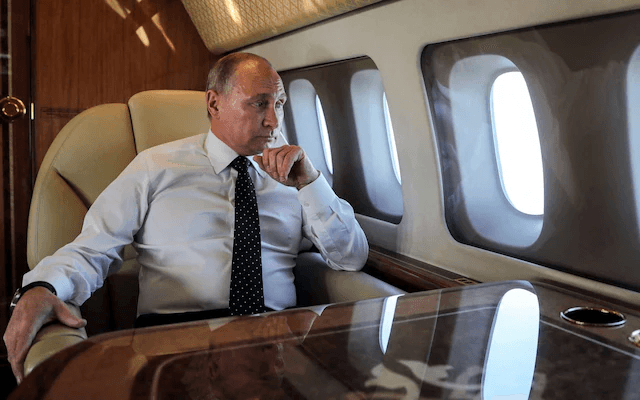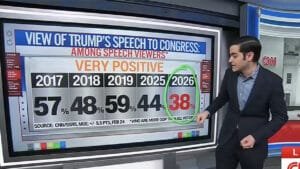Trump-Putin Phone Call Clouds Ukraine Arms Hopes, Summit Talk Ramps Up

After a tense call with Putin, Trump signals reluctance on providing Tomahawk missiles to Kyiv even as a new U.S.–Russia summit looms.
A surprise conversation between U.S. President Donald Trump and Russian President Vladimir Putin has injected fresh uncertainty into ongoing debates over advanced weapons support for Ukraine. The call came shortly before Ukraine’s President Volodymyr Zelensky traveled to Washington, raising expectations that the U.S. might approve long-range Tomahawk missiles for Kyiv. But the tone and timing of Trump’s call with Putin appear to have dampened those hopes.
Putin’s Warning and U.S. Hesitation
According to Kremlin aides, Putin cautioned Trump that transferring Tomahawk cruise missiles could harm U.S.–Russia relations and stall any peace process. After the call, Trump publicly reiterated that supplying such weapons would be “vicious” and indicated he would preserve U.S. stockpiles, rather than escalating support.
The Washington Post reports that Trump is actively weighing options to send long-range missiles to Ukraine capable of striking deep into Russian territory — but appears to be pulled back by political and strategic concerns. The timing of the phone call with Putin, just prior to Zelensky’s visit, has led analysts to suggest that Putin’s diplomatic outreach may have succeeded in moderating U.S. plans.
Zelensky’s Mission in Washington
Undeterred, Zelensky arrived in Washington seeking assurances and weapons. During his Oval Office meeting with Trump, the Tomahawk issue reportedly topped the agenda. However, following the call with Putin, U.S. willingness appears to have cooled.
Ukrainian officials fear that any hesitation could weaken their negotiating position and embolden Russian advances. But the broader context—U.S. domestic constraints, fear of escalation, and geopolitical balancing—may force Washington to tread carefully.
A Budapest Summit on the Horizon
Beyond arms transfers, both sides are accelerating plans for a face-to-face summit. The Kremlin says a Trump–Putin meeting could take place within two weeks, with Budapest emerging as a likely venue. The meeting would follow the earlier Alaska summit held in August, which ended with few concrete results.
But expectations are muted. Analysts across Europe and Ukraine predict incremental, symbolic moves—such as prisoner exchanges or humanitarian measures—rather than a sweeping peace agreement. Public sentiment in both Russia and Ukraine expresses skepticism about a breakthrough, reflecting fatigue with a war that has dragged on for years.
What to Watch Going Forward
- Whether Trump ultimately approves Tomahawks for Ukraine — or denies the request citing domestic or strategic constraints.
- The format and agenda of the Budapest summit: will Ukraine be included in talks, or will it be just Trump and Putin?
- Signals from European capitals: they may push for integration of Kyiv into broader mediation or peace frameworks if U.S.–Russia talks gain traction.
- Russian and Ukrainian reactions domestically — a misstep or offhand comment could destabilize fragile diplomatic momentum.
Other News
- Why Is Melania Trump Chairing a U.N. Security Council Meeting?
- FBI Fires 10 Agents Who Worked on Trump Classified Documents Investigation
- 4 killed, 6 injured after boat opens fire on Cuban border guards
- Democrats Win 3 Special Elections in PA and Maine as Trump Delivers State of the Union
- CNN Data Expert Predicts ‘Diddly-Squat’ Poll Bump From Trump Speech





